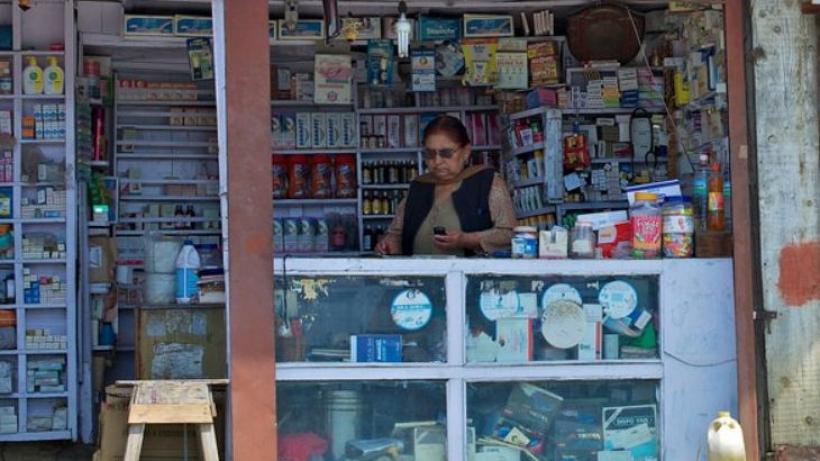Impact assessment of start-up loans to female-run microenterprises
- Microcredit has been proposed as a way to increase women’s business ownership.
- We measured the impact of access to finance on new women-run enterprise, household welfare and female empowerment.
- The impact of access to finance on business creation is significant but short-lived. Other constraints may prevent women from setting up businesses.
- The start-up loans had no impact on household asset holdings or women's independence when making ordinary household decisions.
This study contributes to an understanding of the impact of microcredit on business creation by women. We specifically looked at households with no female run enterprise(s). Women from these households were then given a loan to start a new business after showing a viable business plan. Borrowers were also provided with basic business training at the start of the loan term. This allowed us to evaluate the viability of the product (loan with training) as an alternative to existing microfinance models that do not focus on micro-loans targeted towards start-ups.
We found that while appropriate targeting can lead to business creation by aspiring female entrepreneurs, it does not appear to result in sustained business creation. Women who received the loan with training were more likely to have set up a business a year later. However, two years after the disbursement of loans, we no longer found a significant difference in the number of women reporting to be self-employed amongst those who had received the loan compared to those who had not.
Results also indicated that the control of household resources and household dynamics can be another constraint on whether a woman is able to show agency, particularly in decisions relating to setting up a business. Having the loan did not lead to any improvement in household asset holdings or in women’s independence when making ordinary household decisions. As such, these findings point towards the need for changing perceptions regarding female enterprise. Access to finance alone may be met with limited success if the female borrower fears capture of the loan resources or social censure of her enterprise.







